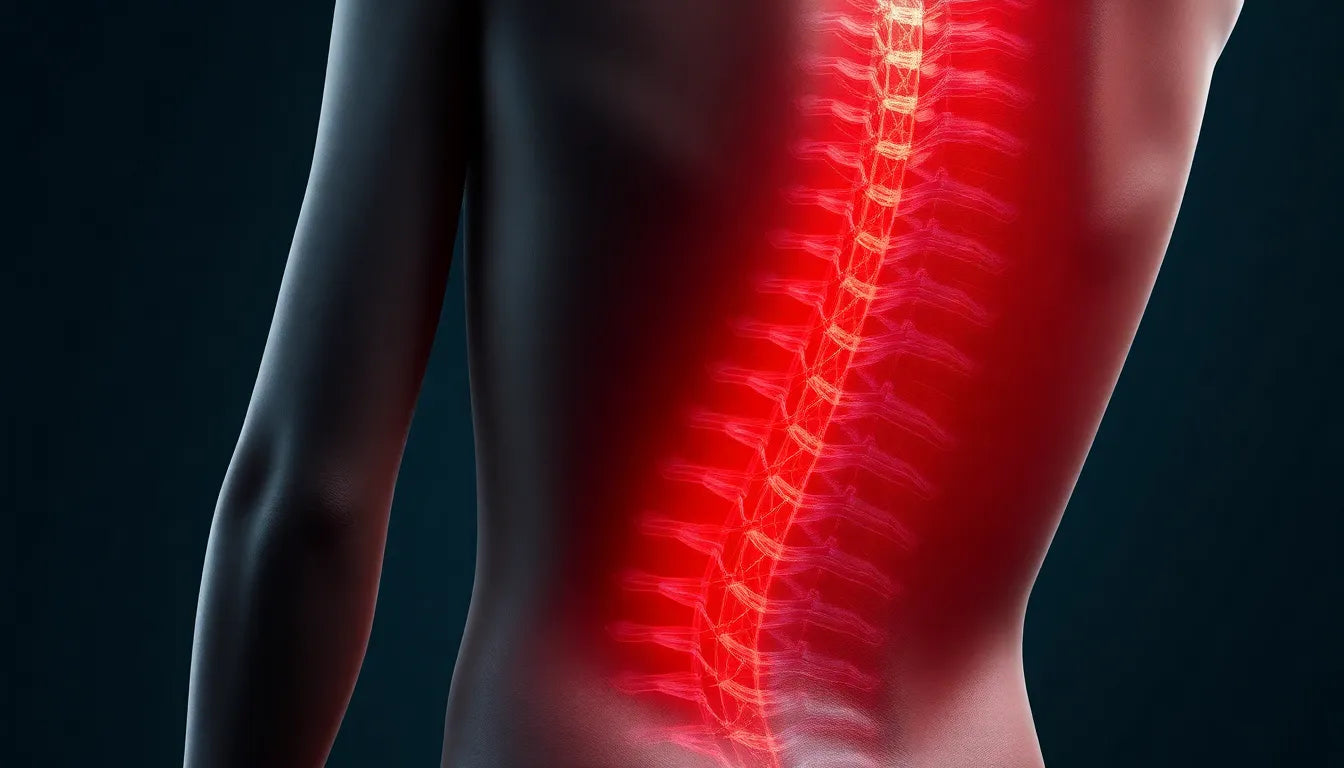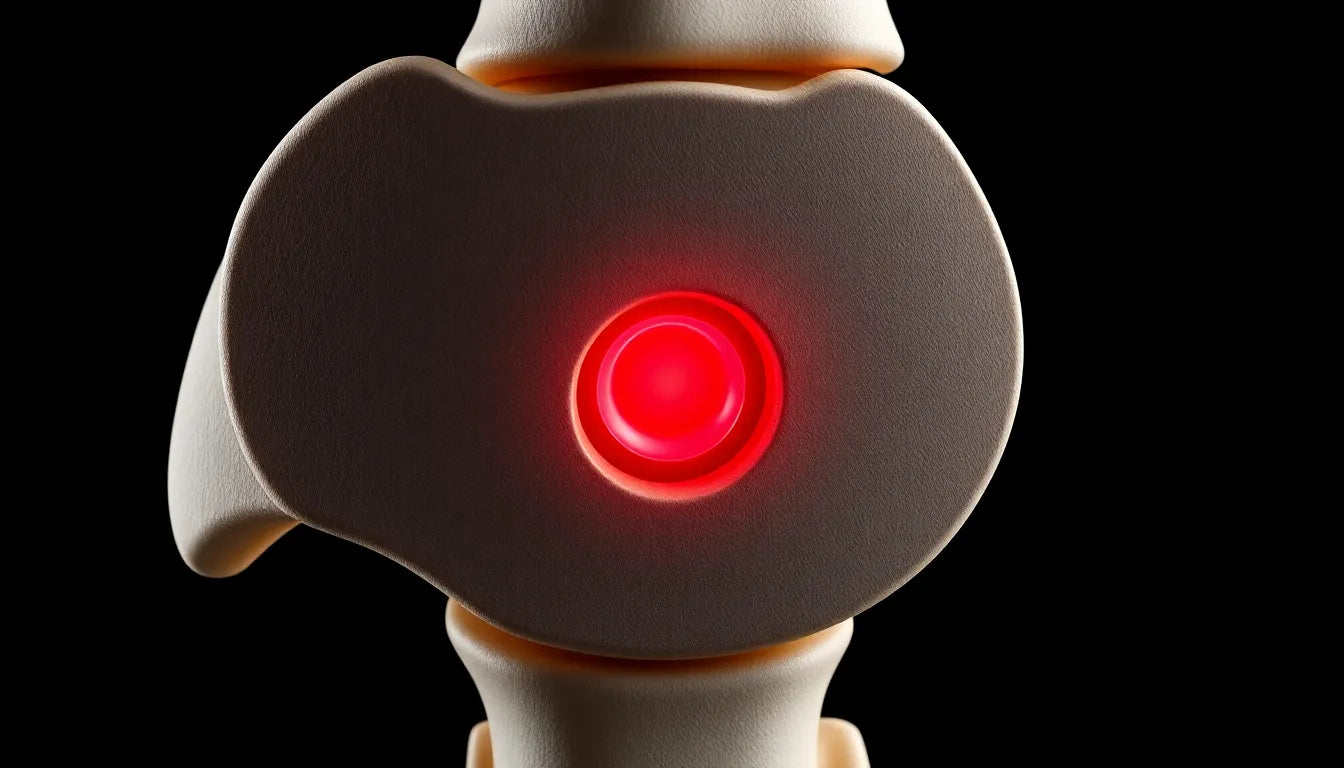Understanding whether surgery is the right choice for a herniated disc begins with grasping what a herniated disc is and how it impacts daily life. A herniated disc occurs when the soft center of a spinal disc pushes through a crack in the tougher exterior casing. This condition can result in significant discomfort and symptoms such as pain, numbness, and weakness in the limbs. The prevalence of herniated discs is notable, affecting many individuals and often leading to challenges in performing everyday tasks, thus impacting overall quality of life.
the dilemma of surgery
For those suffering from a herniated disc, the question of whether to pursue surgery is a common and complex dilemma. Surgery might seem like a straightforward solution to alleviate pain and restore function, but it is not always necessary or the best option for every individual. Making an informed decision about surgery involves weighing the potential benefits against the risks and considering alternative treatments. This decision is crucial because it can significantly affect one's health, mobility, and lifestyle.
setting the stage for decision-making
Deciding on surgery for a herniated disc is not a one-size-fits-all answer. It requires a nuanced approach that takes into account individual circumstances, medical advice, and personal preferences. Factors such as the severity of symptoms, the effectiveness of conservative treatments, and the potential for recovery without surgery all play a role in this decision-making process. Consulting with healthcare professionals and understanding both medical and lifestyle implications are essential steps in determining the best course of action. As you navigate this decision, it's important to gather as much information as possible to make a choice that aligns with your health goals and personal needs.
decision-making framework for herniated disc surgery
When considering surgery for a herniated disc, it's crucial to understand the scenarios where surgery is typically recommended. Surgery is often advised when patients experience severe, persistent pain that doesn't respond to conservative treatments, or when there are significant neurological deficits such as muscle weakness or loss of bladder control. These symptoms suggest that the herniated disc is pressing on nerves in a way that could lead to permanent damage if not addressed surgically.
conservative treatment options
Before opting for surgery, many patients explore non-surgical treatments. These include physical therapy, which focuses on exercises to strengthen the muscles around the spine, thereby reducing pressure on the herniated disc. Medications such as nonsteroidal anti-inflammatory drugs (NSAIDs) can help manage pain and inflammation. Additionally, lifestyle modifications, such as maintaining a healthy weight and avoiding activities that exacerbate symptoms, play a critical role in managing the condition. It's worth noting that approximately 90% of people with herniated discs find relief through these conservative measures, avoiding the need for surgery altogether.
benefits and risks of surgical intervention
For those who do require surgery, the potential benefits include significant pain relief and improved mobility, allowing a return to normal activities. However, like any surgical procedure, herniated disc surgery carries risks. These can include infection, nerve damage, and issues related to anesthesia. While serious complications are rare, they can occur, underscoring the importance of a thorough discussion with a healthcare provider about the risks involved.
WebMD highlights that while surgical risks are infrequent, they can include complications such as infection, nerve or blood vessel damage, and spinal fluid leaks. Understanding these risks is essential for making an informed decision.
statistical insights into surgical outcomes
Statistical data provides valuable insights into the outcomes of herniated disc surgeries. For instance, some studies report a 97% success rate for surgical procedures over a span of fourteen years, indicating a high likelihood of pain relief and functional improvement. Specific procedures, such as the Deuk Laser Disc Repair, boast a 98% success rate in terms of pain relief, highlighting the effectiveness of advanced surgical techniques.
recovery expectations after herniated disc surgery
Understanding the recovery process is essential for anyone considering surgery. Typically, patients can expect a recovery period of 2-4 weeks for those with desk jobs, while individuals in more physically demanding roles might require 6-8 weeks before returning to work. During recovery, patients should anticipate some physical limitations and a gradual return to normal activities. Adhering to post-operative guidelines and engaging in recommended exercises are crucial for a successful recovery.
Long-term outcomes are another important consideration. While many patients experience significant improvement post-surgery, there's always a possibility of recurrence, especially if underlying lifestyle factors contributing to the herniated disc are not addressed. Therefore, long-term management strategies, including regular exercise and maintaining a healthy weight, are vital to prevent future issues.
In conclusion, the decision to undergo surgery for a herniated disc is multifaceted, involving an assessment of symptoms, consideration of conservative treatments, and a thorough understanding of potential surgical outcomes and risks. By weighing these factors carefully, patients can make informed choices that align with their health goals and lifestyle needs.
Exploring surgical options for herniated discs
When considering surgery for a herniated disc, understanding the various surgical procedures available is crucial. Common surgeries include microdiscectomy, laminectomy, and laser surgeries. Each of these procedures has distinct approaches and recovery processes. A microdiscectomy involves removing the portion of the disc pressing on the nerve, often resulting in quick pain relief. Laminectomy, on the other hand, involves removing part of the vertebra to relieve pressure on the spinal cord or nerves. Laser surgeries, such as the Deuk Laser Disc Repair, use advanced techniques to minimize tissue damage and promote faster recovery.
Comparing these surgical methods can help you make an informed decision. For instance, microdiscectomy and laminectomy are traditional approaches with well-documented success rates, but they may involve longer recovery times compared to laser surgeries. Laser procedures often boast faster recovery and less postoperative pain, though they may not be suitable for every case. Consulting with a specialist to understand which option aligns best with your condition and lifestyle is essential.
Alternative treatment options and patient experiences
While surgery is a viable option for some, many individuals find relief through alternative treatments. Patient stories often highlight the effectiveness of conservative approaches, such as physical therapy and lifestyle changes. For example, John, a 45-year-old office worker, managed his herniated disc pain through targeted exercises and ergonomic adjustments at his workplace, avoiding surgery altogether. Such testimonials underscore the potential of non-surgical treatments to alleviate symptoms and improve quality of life.
Interactive decision tools can also aid in evaluating whether surgery is the right choice for you. These tools consider factors such as symptom severity, personal health goals, and treatment preferences, providing a personalized assessment. Utilizing these resources can empower you to make decisions that align with your individual needs and circumstances.
Frequently Asked Questions
What is the success rate of herniated disc surgery?
The success rate for herniated disc surgery is generally high, with many patients experiencing significant pain relief and improved mobility. Success rates can vary depending on the specific procedure, with some advanced techniques like the Deuk Laser Disc Repair reporting up to 98% pain relief. Factors influencing outcomes include the patient's overall health, the severity of the disc herniation, and adherence to post-operative care.
Are there non-surgical treatments for herniated discs?
Yes, several non-surgical treatments can effectively manage herniated disc symptoms. Common options include physical therapy, which focuses on exercises to strengthen supporting muscles, and medications such as NSAIDs to reduce inflammation and pain. Lifestyle modifications, like maintaining a healthy weight and avoiding activities that exacerbate symptoms, also play a crucial role in managing the condition.
What are the potential risks of herniated disc surgery?
While herniated disc surgery is generally safe, it carries potential risks, including infection, nerve damage, and complications related to anesthesia. Although serious complications are rare, discussing these risks with your healthcare provider is important to make an informed decision.
How long does it take to recover from herniated disc surgery?
Recovery times can vary based on the type of surgery and individual factors. Generally, patients with desk jobs may return to work within 2-4 weeks, while those in physically demanding roles might require 6-8 weeks. Adhering to post-operative guidelines and engaging in recommended exercises are essential for a successful recovery.
Can a herniated disc heal on its own?
In many cases, a herniated disc can heal over time without surgical intervention. The body's natural healing process, combined with conservative treatments like physical therapy and medication, can lead to symptom improvement. However, if symptoms persist or worsen, seeking medical advice is crucial.
What factors should I consider when deciding on surgery?
Deciding on surgery involves evaluating several factors, including the severity of symptoms, the effectiveness of conservative treatments, and personal health goals. It's important to consider the potential benefits and risks of surgery, as well as lifestyle implications. Consulting with healthcare professionals and using decision-making tools can help guide this process.
Sources
- MyHealth Alberta. "Lumbar Herniated Disc: Should I Have Surgery?"
- WebMD. "When Do I Need Surgery for a Herniated Disk?"
- Medical News Today. "Herniated Disc Surgery: Types, Procedure, Risks, and Recovery."
- Kaiser Permanente. "Lumbar Herniated Disc: Should I Have Surgery?"
- Mya Care. "Should I Have Surgery for a Herniated Disc?"
- OSC Ortho. "The Risks and Complications of Disc Herniation Surgery."
- Deuk Spine. "Herniated Disc Surgery: Recovery, Risks & Benefits."


















